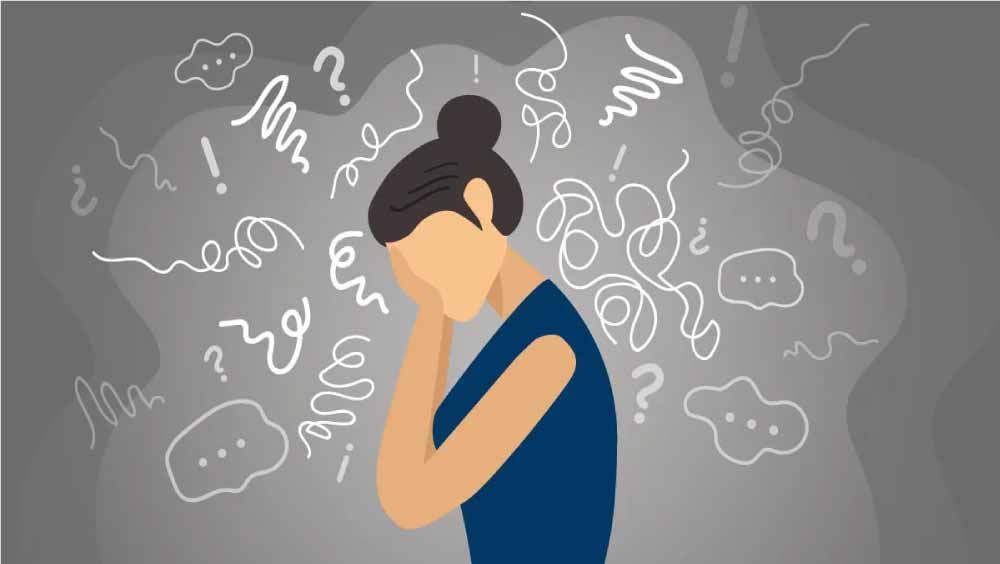Hiccups are an involuntary, repetitive contraction of the diaphragm, a muscle that separates the chest from the abdomen and is essential for breathing. Although hiccups are usually a benign and temporary phenomenon, it can sometimes last more than 48 hours and require medical treatment.
Hiccups are thought to occur when the phrenic nerve, which controls the diaphragm, is overstimulated. This stimulation can be caused by a number of factors, such as swallowing air, eating or drinking too quickly, or having a very spicy meal. It can also be caused by emotional stress, smoking, or certain medications.
Hiccups are usually accompanied by a characteristic sound, which occurs when air enters the lungs during the contraction of the diaphragm. Although hiccups are usually uncomfortable, they are usually not dangerous and usually go away on their own within a few minutes.
However, in some cases hiccups may last longer and may be a symptom of a more serious condition, such as an inflammation of the esophagus or a tumor in the mediastinum (a region of the chest). Therefore, it is important to see a doctor if hiccups persist for more than 48 hours or if it is accompanied by other symptoms, such as difficulty swallowing or abdominal pain.
There is no Specific Treatment
Although there is no specific treatment for hiccups, there are some steps that can be taken to try to interrupt the pattern of contractions of the diaphragm and make it disappear. For example, you can try to take a deep breath and hold the air for a few seconds before slowly releasing it, or drink water with a straw while covering an ear with your hand. You can also try to distract yourself with an activity that requires concentration, such as counting to 100 or solving a puzzle.
In summary, hiccups are a common and generally benign phenomenon that usually disappears on its own within a few minutes. Although there is no specific cure for hiccups, there are some steps that can be taken to try to interrupt the pattern of contractions of the diaphragm and make it disappear. If hiccups persist for more than 48 hours or are accompanied by others
Measures to mitigate hiccups
Try to take a deep breath and hold the air for a few seconds before slowly releasing it. This can help disrupt the pattern of diaphragm contractions that causes hiccups.
Drink water with a straw while covering an ear with your hand. This can help stimulate the vagus nerve, which controls the diaphragm.
Try to distract yourself with an activity that requires concentration, such as counting to 100 or solving a puzzle. This can help disrupt the pattern of contractions in the diaphragm and make hiccups go away.
Avoid eating or drinking too quickly, as this can cause you to swallow air and contribute to hiccups. It is also important to avoid very spicy foods, as they can irritate the esophagus and cause hiccups.
If hiccups persist for more than 48 hours or are accompanied by other symptoms, such as difficulty swallowing or abdominal pain, it is important to see a doctor to rule out any more serious conditions.
Try to relax and calm down. Emotional stress can be a common cause of hiccups, so trying to reduce stress can help make it go away.
Avoid smoking or being in places with tobacco smoke, as the smoke can irritate the diaphragm and contribute to hiccups.
Try not to drink too much fluid in a short period of time. Drinking too much fluid quickly can cause you to swallow air and contribute to hiccups.
Other measures to mitigate hiccups
Avoid wearing very tight clothing or too tight belts, as they can compress the diaphragm and contribute.
If hiccups persist, you can try some home remedies, such as swallowing a teaspoon of sugar or ingesting some apple cider vinegar. Although there is no solid scientific evidence to support these remedies, some people have found that they help them. However, it is important to note that these remedies have not been thoroughly evaluated and should not be used as a substitute for medical treatment if hiccups persist.
Try breathing through your nose instead of your mouth. This can help prevent you from swallowing air and contributing.
Avoid drinking carbonated beverages or bubble drinks, as they can cause you to swallow air and contribute.
Eat and drink at room temperature instead of making it too hot or too cold. Very hot or cold drinks and foods can irritate the esophagus and contribute.
Avoid overuse of medications that can cause, such as cough and cold medicines. If you’re taking a medication that gives you hiccups, talk to your doctor about whether there’s an alternative that doesn’t cause this side effect.
If it persists for several days, talk to your doctor. Although it is usually temporary and benign, in some cases it can be a symptom of a more serious condition, such as an inflammation of the esophagus or a tumor in the mediastinum. Your doctor may do tests to determine the cause and recommend appropriate treatment.


